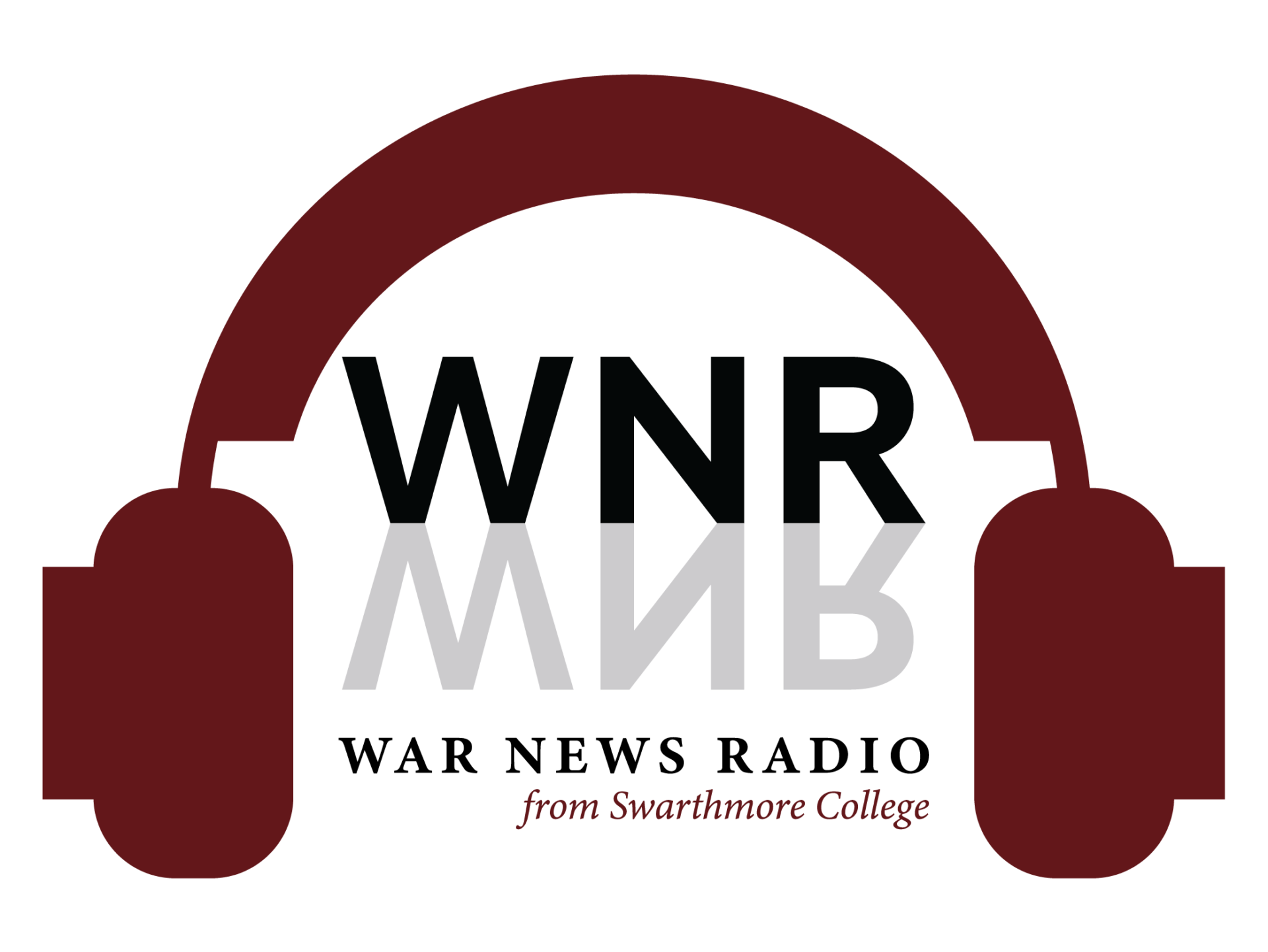Syrian capital hit by two explosions
At least 27 dead and 100 injured in Damascus car bomb attacks on security targets
Two large explosions have struck security targets in the Syrian capital, Damascus, killing at least 27 people and wounding up to 100, the country’s state news agency said.
The report said the “terrorist” blasts were caused by car bombs at the aviation intelligence department and a police building at around 7.30am local time. No one has claimed responsibility for the attacks.
Video from the blast at the intelligence centre showed the front of the building blown away, with numerous burnt-out cars littering the street below.
Television pictures from the police building showed the smouldering wreckage of a car and what appeared to be a body inside.
There was also a minivan nearby with its doors and windows shattered and its panels stained with blood. Residents in Damascus said clouds of black smoke could be seen rising from the areas where the blasts struck.
Shooting broke out soon after the blasts and sent residents and others who had gathered in the area fleeing, an Associated Press reporter at the scene said.
“All our windows and doors are blown out,” said Majed Seibiyah, 29. “I was sleeping when I heard a sound like an earthquake. I didn’t grasp what was happening until I hear screaming in the street.”
The state news agency, SANA, said one of the dead included a “terrorist”.
President Bashar Assad has said his regime is fighting foreign terrorists and armed gangs, and has denied there is a popular will behind the revolt. But Assad’s opponents say they have been forced to carry weapons because the government has used tanks, snipers and machine guns to crush peaceful protests.
Syria has seen a string of suicide bombings, and the last major one, on 10 February, killed 28 people. Twin blasts struck security compounds in the government stronghold city of Aleppo.
Damascus, another Assad stronghold, has seen three suicide previous bombings since December.
The regime has touted the attacks as proof that it is being targeted by “terrorists” but the opposition accuses forces loyal to the government of being behind the bombings to tarnish the uprising.
However, top US intelligence officials have pointed to al-Qaida in Iraq as the likely culprit behind the previous bombings, raising the possibility its fighters are infiltrating across the border to take advantage of the turmoil.
A suspected al-Qaida presence creates new obstacles for the US, its western allies and Arab states trying to figure out a way to help push Assad from power, and may also rally Syrian religious minorities, fearful of Sunni radicalism, to get behind the regime.
Bassma Kodmani, a member of the opposition Syrian National Council, said she doubted armed groups trying to bring Assad down by force, such as the rebel Free Syrian Army, have the capacity to carry out attacks, such as the one today, on security institutions in the capital.
“I don’t think any of the opposition forces or the free Syrian army has the capacity to do such an operation to target these buildings because they are fortresses,” she said. “They are very well guarded. There is no way anyone can penetrate them without having strong support and complicity from inside the security apparatus.”
The UN estimates that more that 8,000 people have been killed since protests began last March.
In recent weeks, Syrian forces have waged a series of heavy attacks against the main opposition strongholds of Homs in central Syria, Idlib in the north and Daraa in the south.
Diplomatic efforts to solve the crisis have so far brought no result. But UN envoy Kofi Annan told the security council in a briefing on Friday that he would return to Damascus even though his recent talks with Assad saw no progress in attempts to cobble together peace negotiations between the two sides.
Annan told reporters in Geneva that he urged the council “to speak with one voice as we try to resolve the crisis in Syria”.
“The first objective is for all of us to end the violence and human rights abuses and the killings and get unimpeded access for humanitarian access to the needy, and of course the all-important issue of political process that will lead to a democratic Syria,” Annan said.
Russia and China have blocked UN action against Assad’s regime.
from Damien Pearse
via http://www.guardian.co.uk/world/2012/mar/17/syrian-capital-hit-two-explosions
